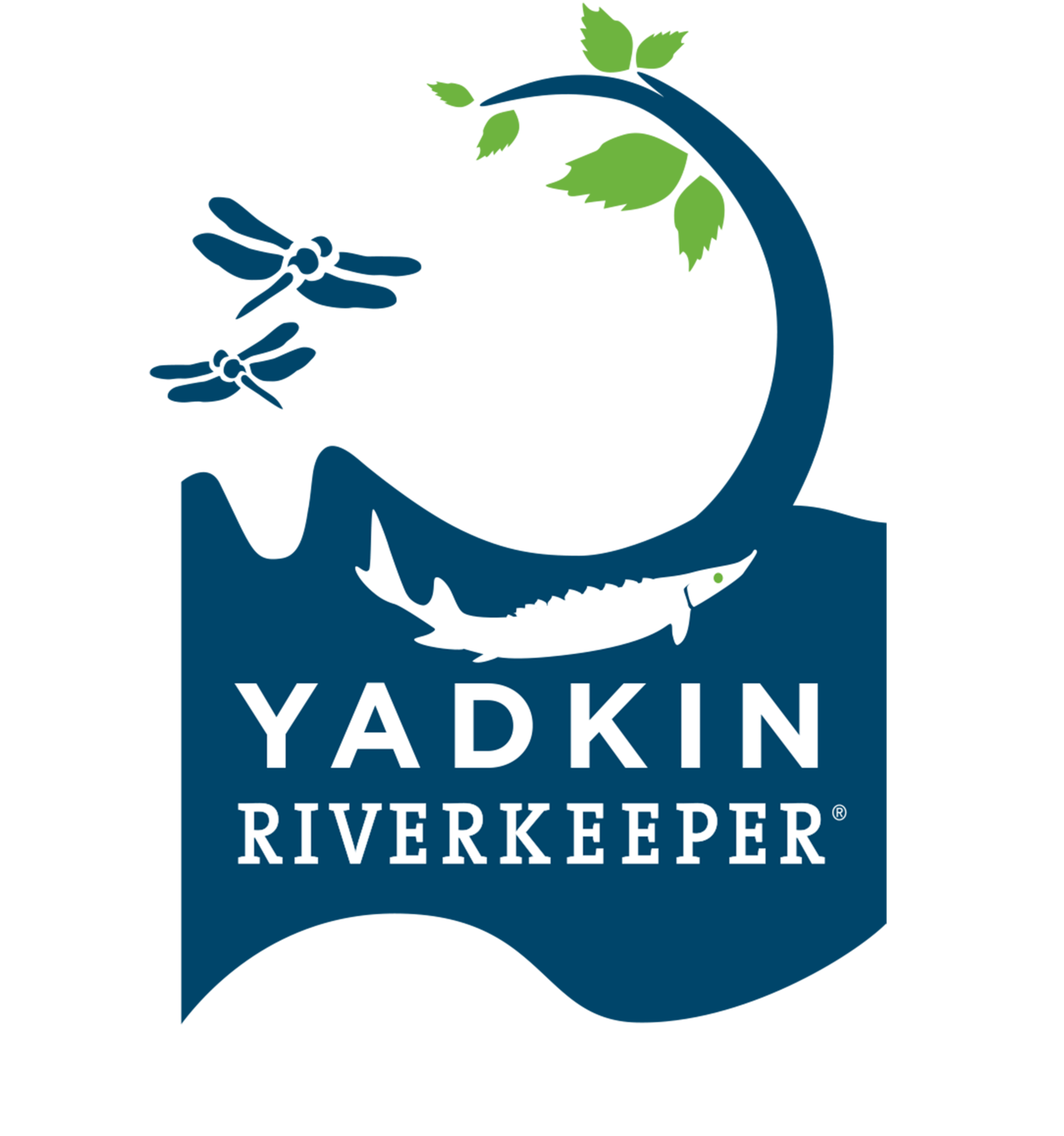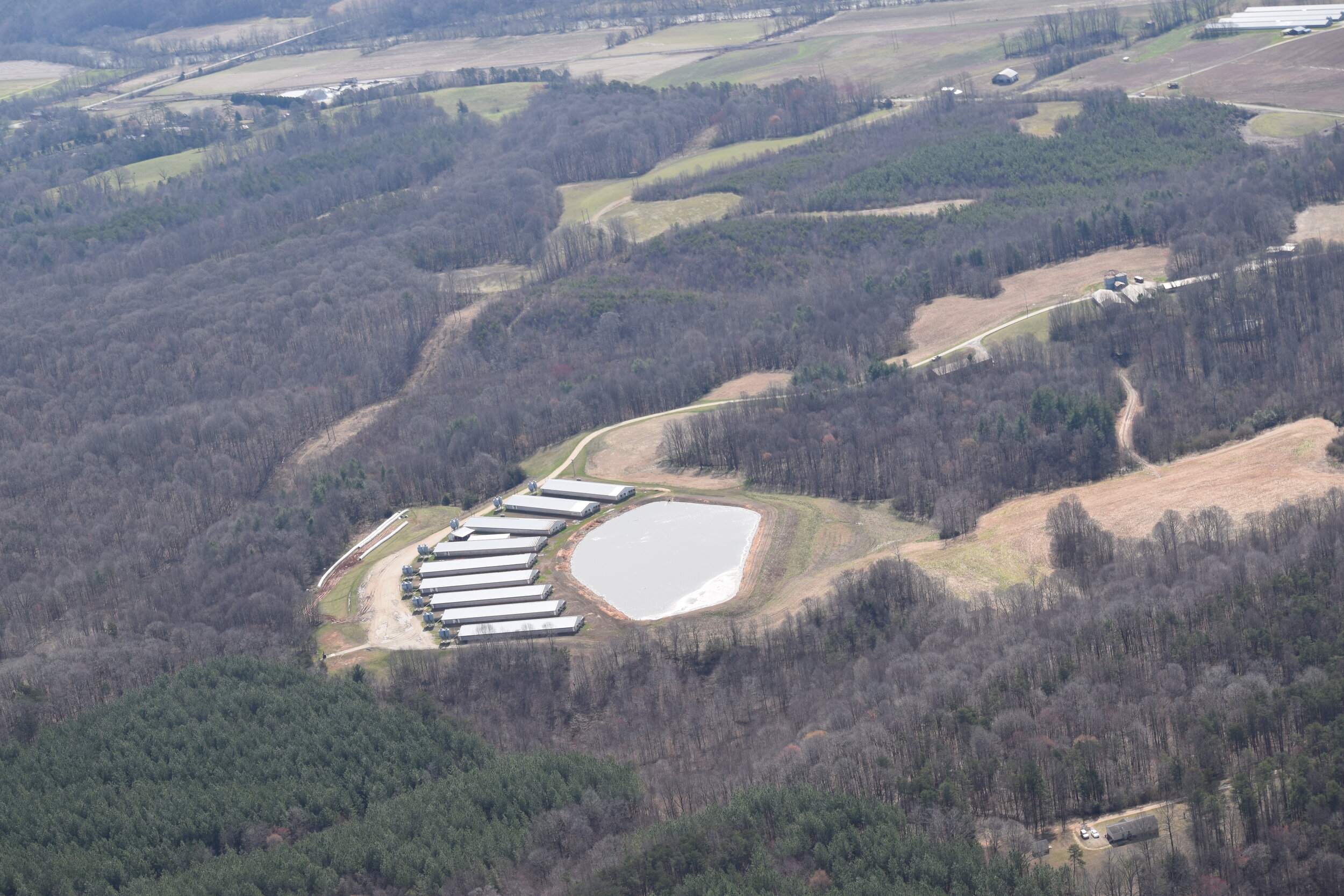While there is no denying the reality of progress when it comes to addressing injustice, as recent events have shown, reality also lets us find fault in the systems even where progress is being made. Such is the case with the state of North Carolina’s efforts to respond to environmental justice groups that have formally complained on behalf of residents who are being unjustly exposed to health and property risk directly related to large scale hog production. The most recent being concerns with a report published by the NC Department of Environmental Quality that assesses the state’s efforts to address a range of air and water quality concerns related to large scale animal operations.
The report released last month, and entitled, Title VI: Increasing Equity, Transparency, and Environmental Protection in the Permitting of Swine Operations in North Carolina, is the state’s response to a settlement with several advocacy groups pushing for more considerations of the disparate environmental impacts experienced by communities of color living near large scale animal operations.
Historically, the Civil Rights Act of 1964 requires agencies that receive federal funding to act in a non-discriminatory manner. According to the review of the 2014 complaint brought by the North Carolina Environmental Justice Network, Rural Empowerment Association for Community Help and the Waterkeeper Alliance, there is a “linear relationships between race/ethnicity… and. density of hogs” by companies operating under the Swine Waste General Permit issued by the NC Department of Environmental quality.
The general permit regulates the release of hog waste into the environment, impacting waterways and nearby communities. The environmental groups involved suggest NCDEQ review the Swine General Permit Program and monitor the enforcement of the permit requirements to minimize the impact on the environment and public health, particularly in communities of color that are disproportionately impacted by these operations.
While this report is a good start, community and environmental leaders expressed concern that the report did not fully address ongoing impacts of large-scale animal agriculture on communities of color.
Will Hendrick, Senior Attorney & Manager, NC Pure Farms Pure Waters Campaign, Waterkeeper Alliance, said: “The state report makes clear that DEQ knows it must do more to protect communities — disproportionately communities of color — who live near industrial swine operations. The state acknowledges, for instance, that water quality is worse in watersheds near these operations than elsewhere in the state, and that the pollution causing problems is associated with swine manure. The state commits to tracking the sources of this pollution. We intend to hold them to that.”
In addition to the report, NCDEQ has released a community impact mapping tool, which identifies environmental releases impacting local communities. For more information on the mapping tool and to see what is near your community go to: NCDEQ Community Mapping Tool.
There is a long way to go on the road to true environmental justice, but this moment in state history is a step towards that justice. Now is an important time to make your voice heard while the public has more attention from NCDEQ. Your comments and complaints are necessary to form the data we need to enact change. To sign up for our action alerts, please email us at info@yadkinriverkeeper.org.

